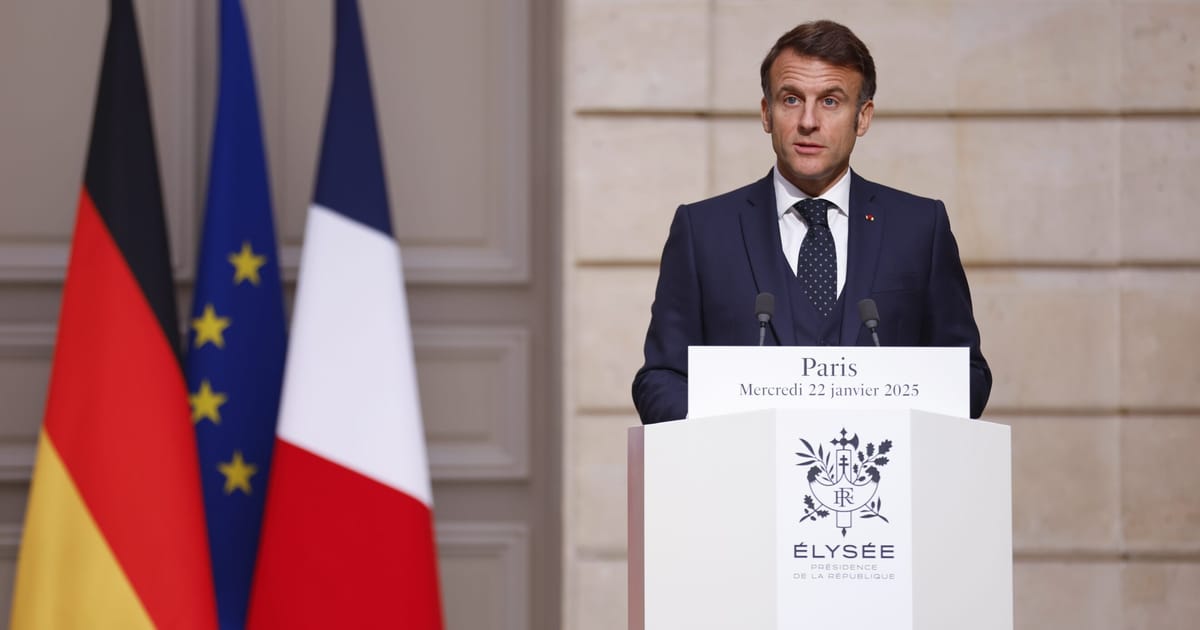 Both leaders now see a necessity for their militaries and defense industries to better integrate. | John Macdougall/AFP via Getty Images
Both leaders now see a necessity for their militaries and defense industries to better integrate. | John Macdougall/AFP via Getty Images
The return of U.S. President Donald Trump — and his pivot away from Europe — has changed all that.
The night his conservative Christian Democratic Union won the country’s snap election in February, Merz — an avowed transatlanticist — called for Europe to “achieve independence from the U.S.,” a seismic change that resonated deeply in France.
Nils Schmid, a German lawmaker with the center-left Social Democrats, which are in a coalition with Merz’s CDU, said such a move was a stunning U-turn for both the party and its leader.
True to its Gaullist legacy, France has always been wary of becoming too dependent on the Western world’s great superpower. Macron has cultivated close ties with Trump and his predecessor Joe Biden, but the French president has always pushed for a Europe that looks more like France and embraces his brand of strategic autonomy.
With Merz, that goal appears closer than ever. Merz and Macron plan to jointly influence Brussels to cut red tape and change competition rules to help make it easier to create so-called “European champions” in sectors such as telecommunication or technology.
Ranking: ![]()
